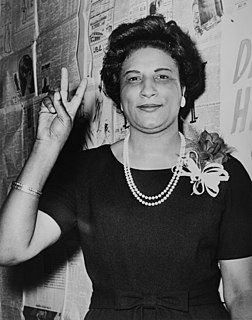Цитата Юлы Бисс
Есть много эссе, которые могут сойти за журналистику, и журналистики, которые могут сойти за эссе. Некоторые из них являются просто таксономией.
Темы цитат
Связанные цитаты
Я обнаружил, что за последние два десятилетия написал гораздо больше в форме эссе, чем помнил. Конечно, я написал об этом достаточно, чтобы показать, что я не испытываю пренебрежения к литературной журналистике или просто журналистике, под покровительством которой я смог выразить многое из того, что меня очаровало, или встревожило, или позабавило, или иным образом привлекло мое внимание. когда я не писал книгу.
В колледже я училась на факультете журналистики и летом проходила стажировку в печатной журналистике. План состоял в том, чтобы после выпуска поступить в Высшую школу журналистики Колумбийского университета, чтобы научиться телерадиовещанию. Я был зачислен и все такое, но в конце концов решил, что никогда не смогу позволить себе выплатить кредит, который мне придется взять.
Книга появилась после того, как мы сыграли в Суперкубке, и я написал небольшое эссе, которое разошлось по сети. Затем у меня было две или три недели, и я сказал, вау, это эссе было довольно хорошим. Может быть, я попробую написать что-нибудь еще. Когда я писал о депрессии, я просто чувствовал — знаете, когда пишешь такую книгу, нужно открыть свою жизнь. Вы должны быть готовы сделать это в определенной степени.
Журналистика — это во многом публичное письмо, письмо с расчетом на аудиторию, письмо для публикации и часто быстрое письмо. И я знаю, что, когда я занимался ежедневной журналистикой, это действительно сказалось на моем терпении к литературе, которая, я думаю, требует размышлений и другого рода участия.
Когда-то многие наши преподаватели документальной литературы на самом деле были учеными-беллетристами. Поэтому они использовали истории в качестве моделей для эссе. И в некотором смысле это хорошая идея, потому что мы все можем учиться у других жанров. Но я думаю, что это также заставило меня понять, что у меня буквально не было модели эссе, и что если я хочу ее, мне придется ее найти.
Любой, кто занимается журналистскими расследованиями, занимается этим не ради денег. Журналистские расследования по своей природе — самый трудоемкий вид журналистики, которым вы можете заняться. Вот почему вы видите все меньше и меньше журналистских расследований в газетах и журналах. Независимо от того, сколько вам за это платят, вы тратите так много человеко-часов, что это один из наименее прибыльных аспектов журналистики, которым вы можете заниматься.




































